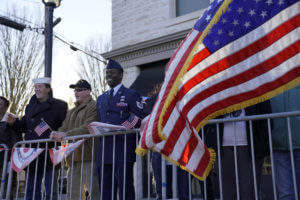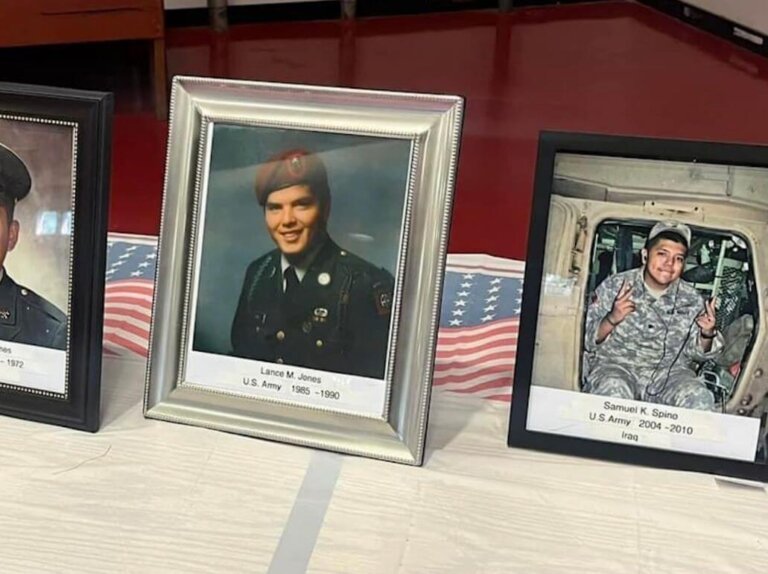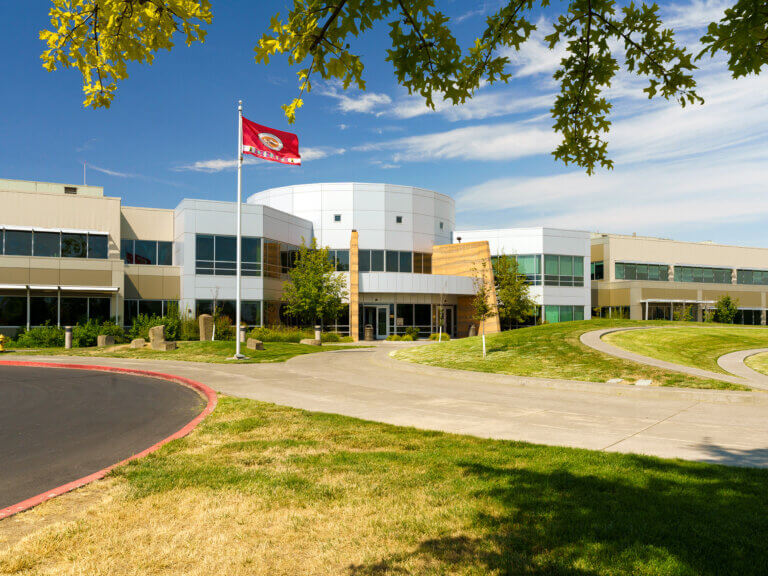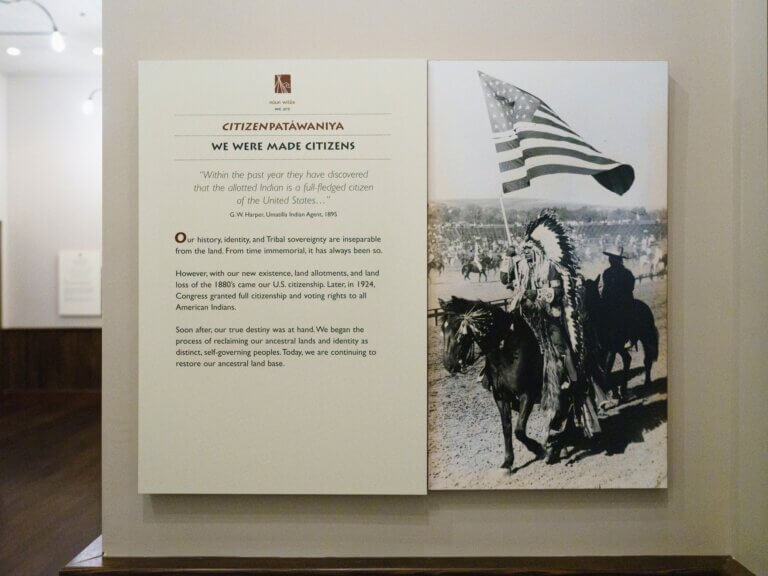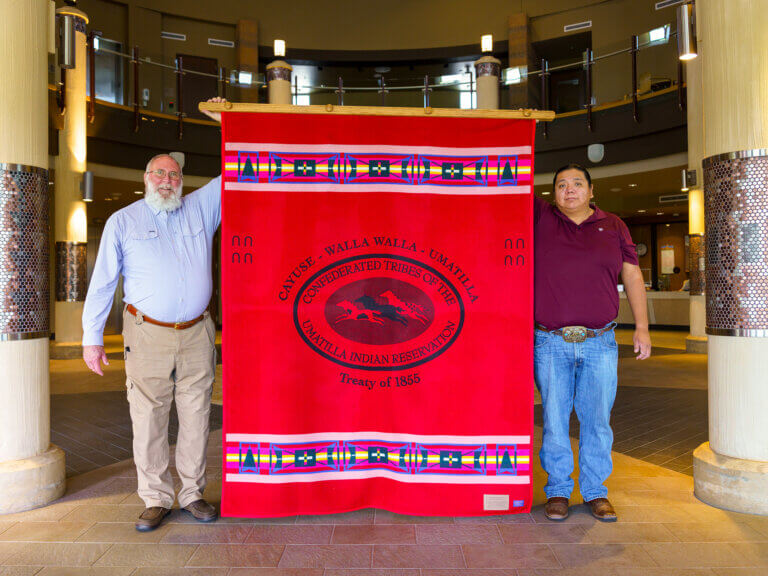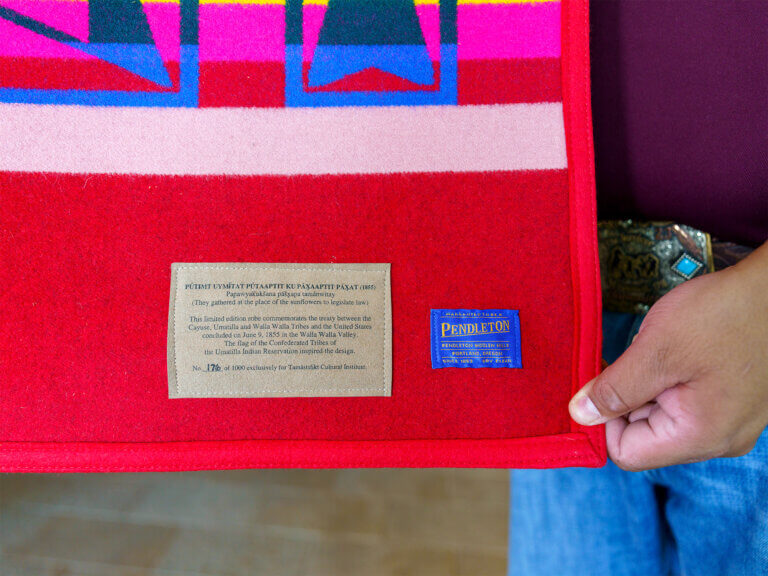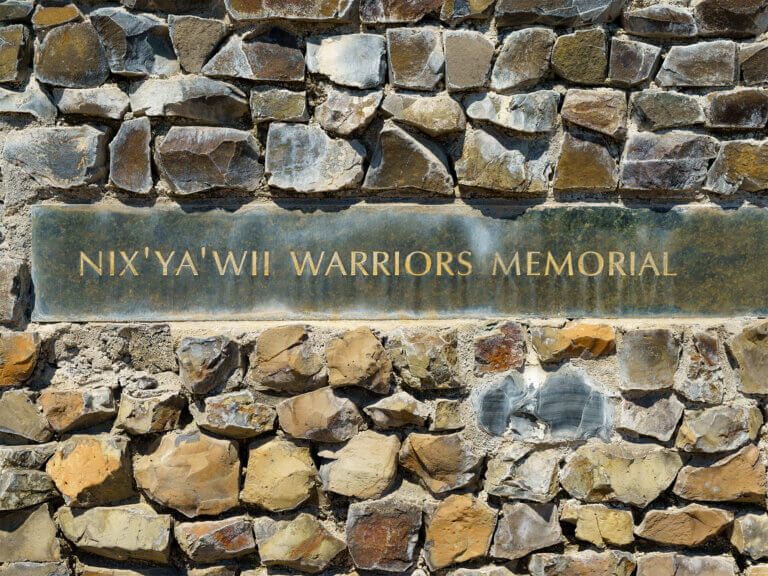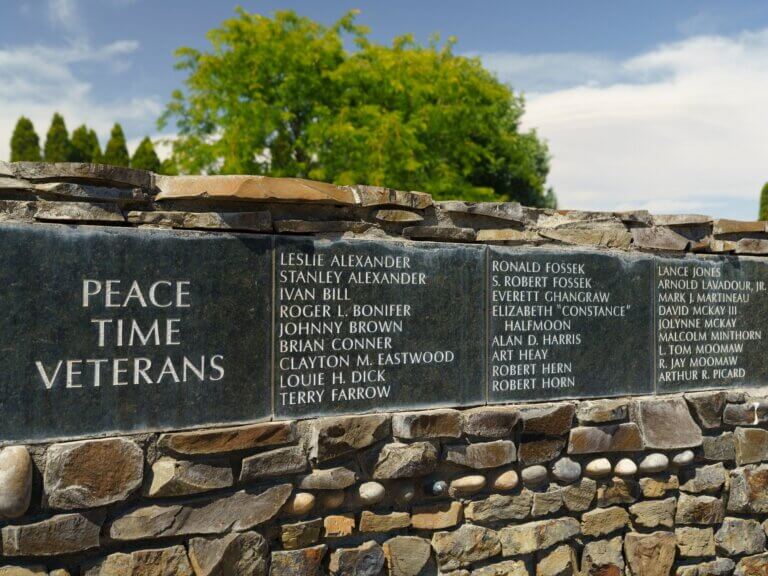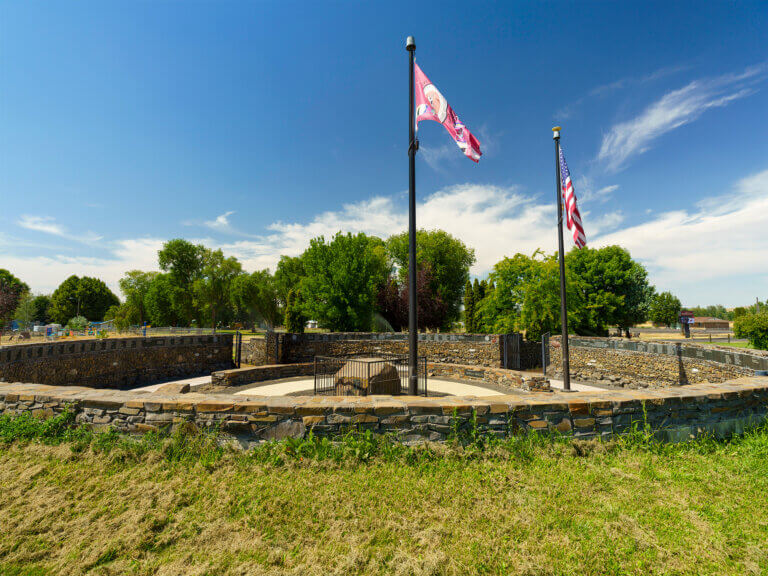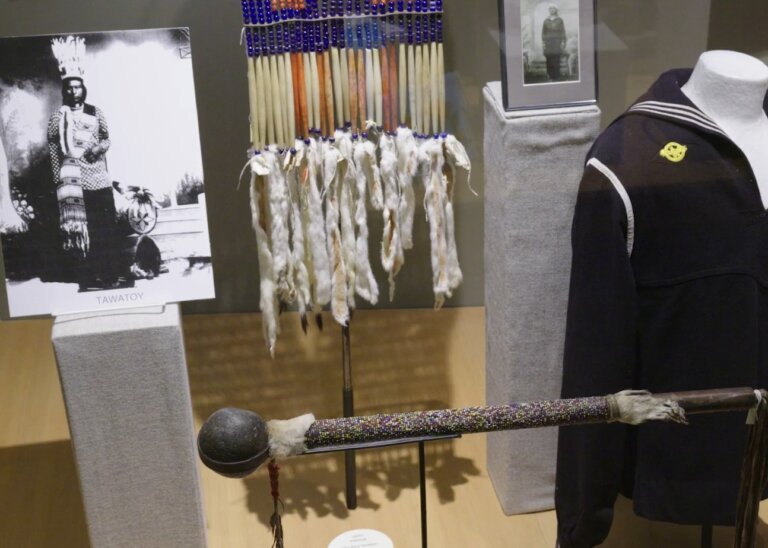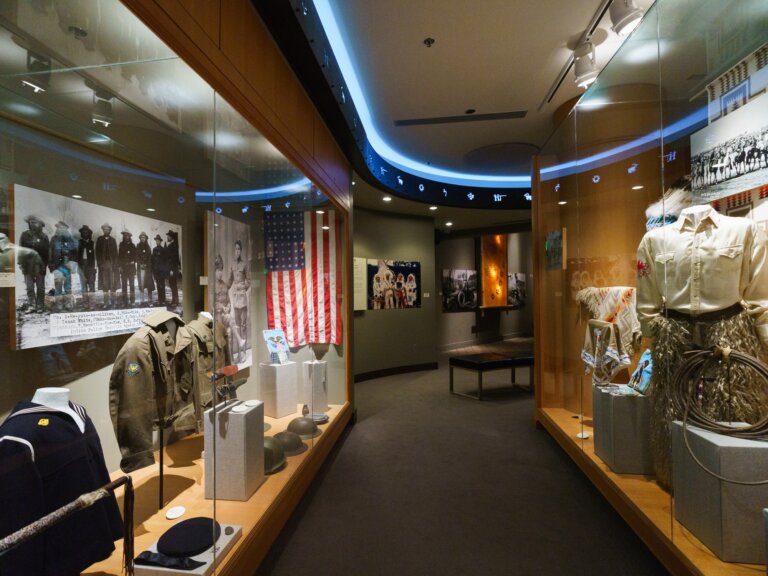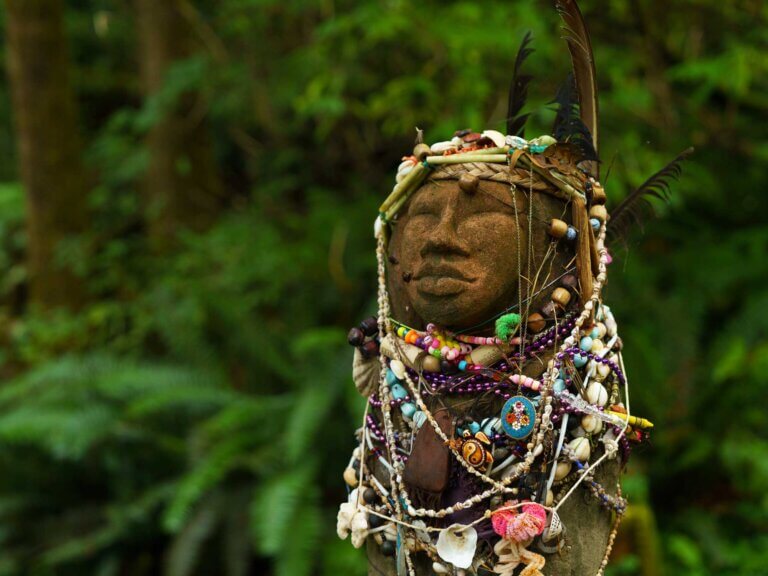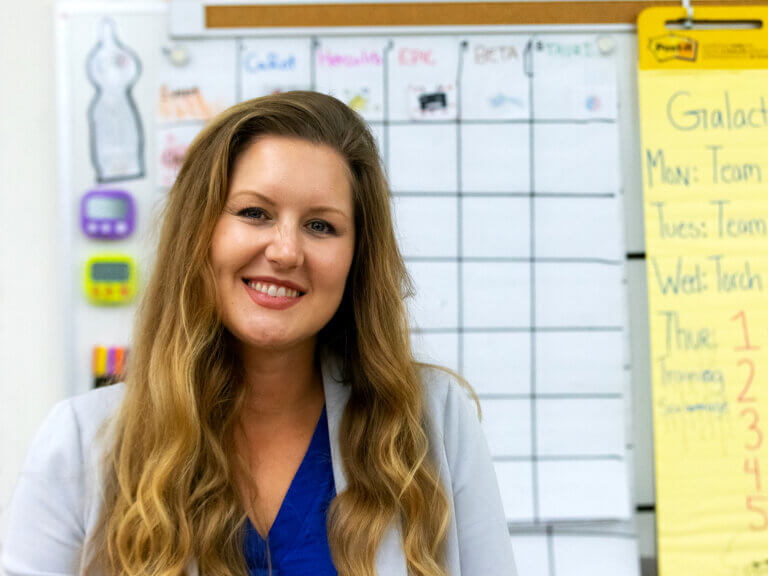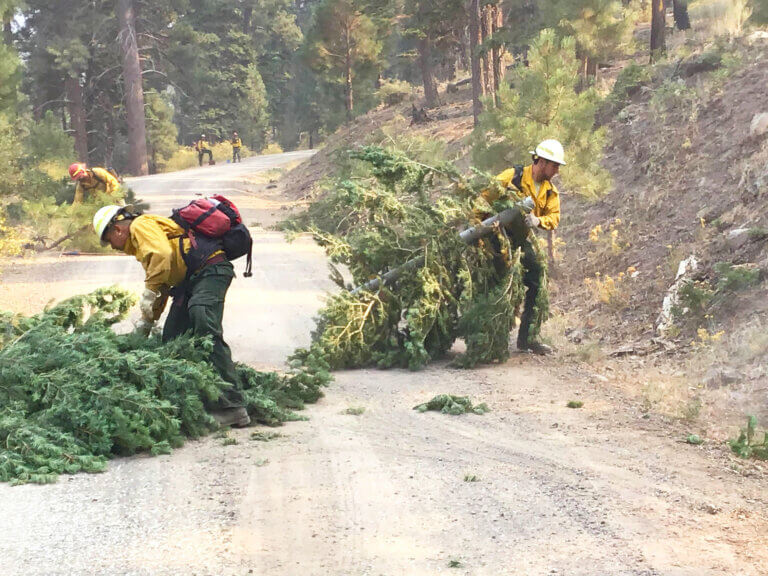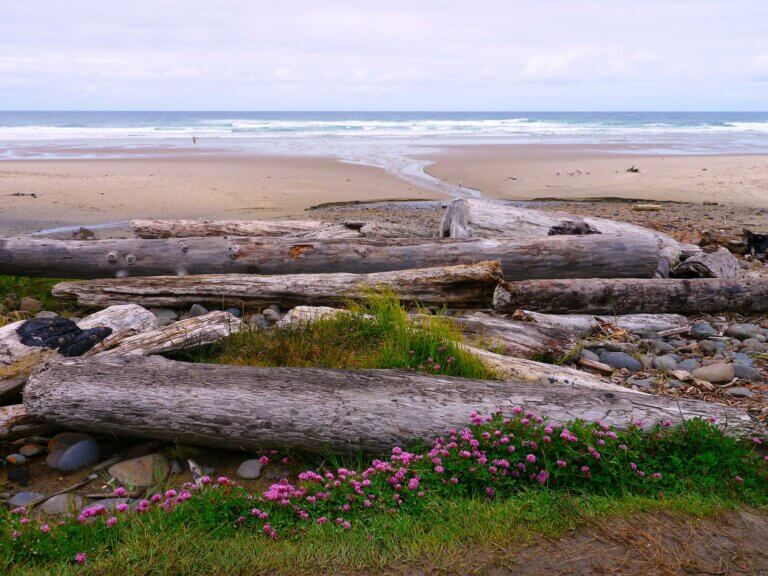Confederated Tribes of the Umatilla Indian Reservation
The Proud Legacy of Tribal Veterans
Native Americans have a long and distinguished history of military service, demonstrating exceptional bravery and making profound sacrifices. Despite a long, painful history of challenges with the United States government, Native Americans have served in the U.S. Armed Forces at some of the highest rates per capita of any ethnic group. In Oregon, Native Americans account for about one-and-a-half percent of our state’s approximately 266,000 veterans.
Serving Those Who Served
Veteran service officers (VSOs) are designated administrators who support veterans from all branches of the armed services. They help assist both veterans and their eligible dependents in filing claims to the VA for benefits.
These benefits include disability compensation, health care, financial assistance like home loans and insurance, vocational rehabilitation, and employment services.
The VSOs that serve on tribal land are able to talk and work with the community because, in many cases, they’re from that same community.
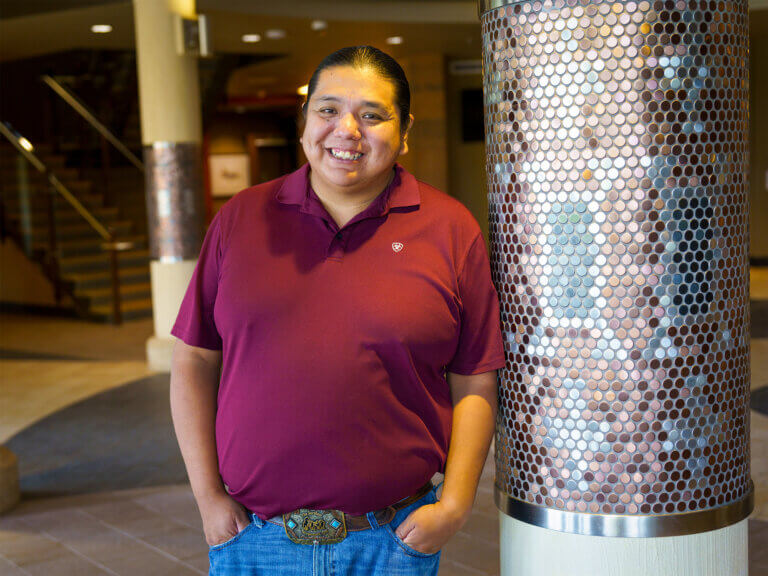
Community Connections
Your Oregon Lottery game play helps ensure that tribal land has designated VSOs serving this unique population.
Sam Spino, the VSO for the Confederated Tribes of the Umatilla Indian Reservation (CTUIR), served in the U.S. Army and spent time in Iraq. Now he’s back home, helping his family and community. He appreciates the ease that his relationships bring to the work.
“Growing up here, I’m related to half the veterans, so I have the ability to take off the ‘veteran services officer’ hat and put on the ‘family hat,’” he laughs.
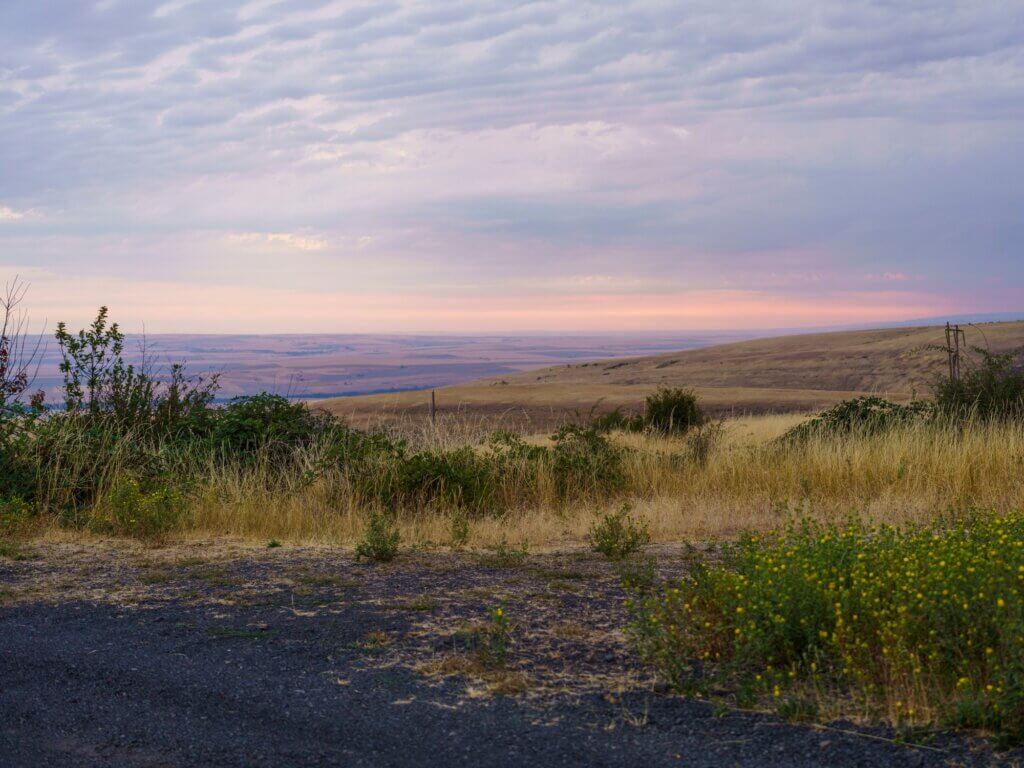
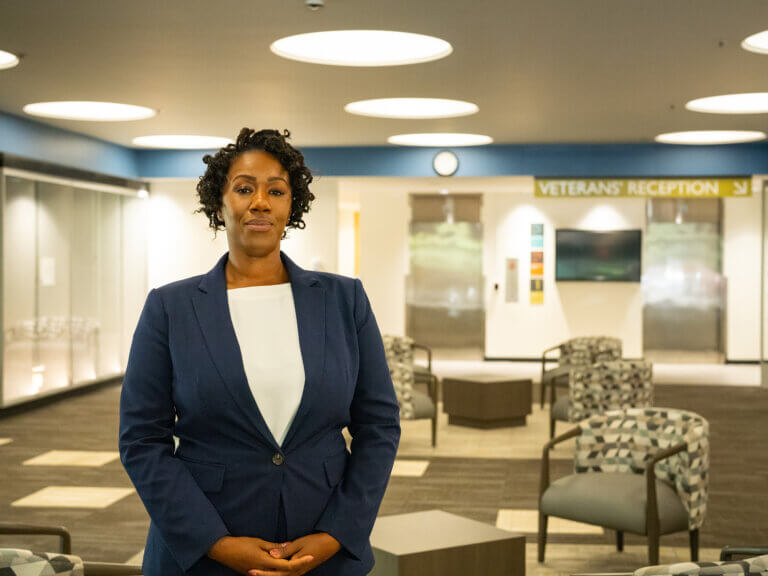
Care for Veterans, By Veterans
Dr. Nakeia Daniels, Director of the Oregon Department of Veterans’ Affairs (ODVA), knows about the need for representation in government. As the first Black woman to head ODVA, she values the role of VSOs and what they offer.
“They know your language, they may know your family. They know the community because they live in the community,” says Dr. Daniels, pictured here.
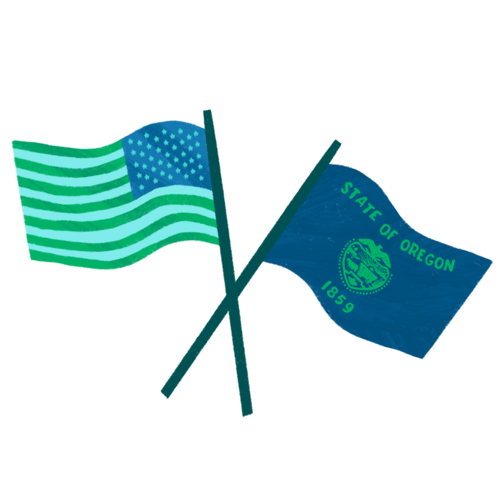
Honoring the History of Tribal Veterans
Indigenous veterans and their history are visible all over the Confederated Tribes of the Umatilla Indian Reservation. Outside the Nix-yá-wii Governance Center is the Nicht-Ya-Wi Warriors Memorial. This piece of public art includes a flagpole and lists of names of fallen soldiers from a number of conflicts.
A few miles away on the CTUIR, displays at the Tamastslikt Cultural Institute draw a bright line between past and present by placing regalia next to uniforms from those who served.
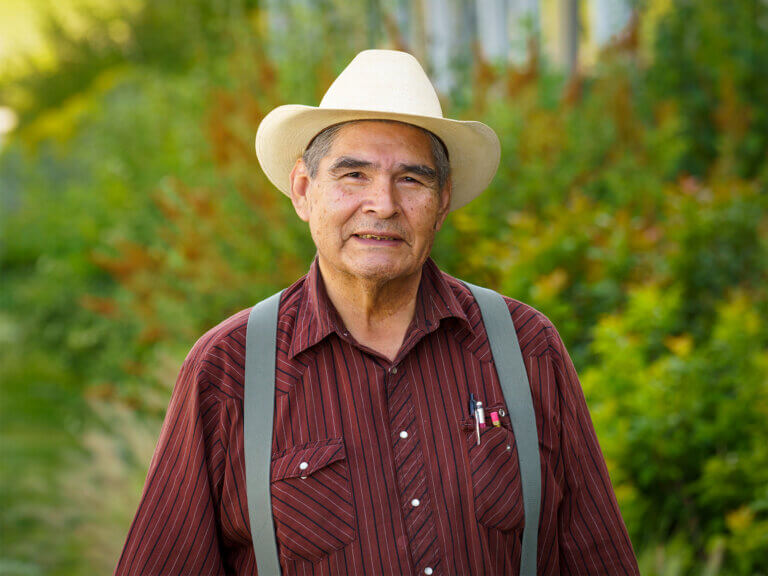
Healing Invisible Wounds
Woodrow Star is a veteran of the war in Vietnam. When he initially sought assistance from the VA many years ago, he felt “shamed out” because his injuries weren’t visible.
With help from his VSO, Star was able to get the benefits he’d earned. Now, he sees it as his responsibility to let other veterans know that help is available — and that there’s no shame in seeking it.
He has since become a leader in the community. In addition to sitting on the Board of Trustees of the CTUIR, he also works with horses as part of an equine therapy program and has lobbied the State on behalf of Indigenous Oregonians.
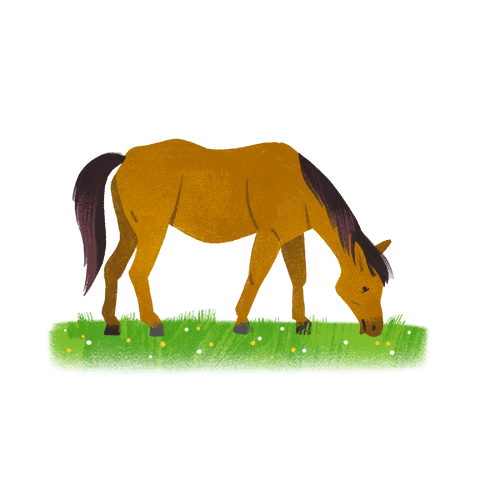
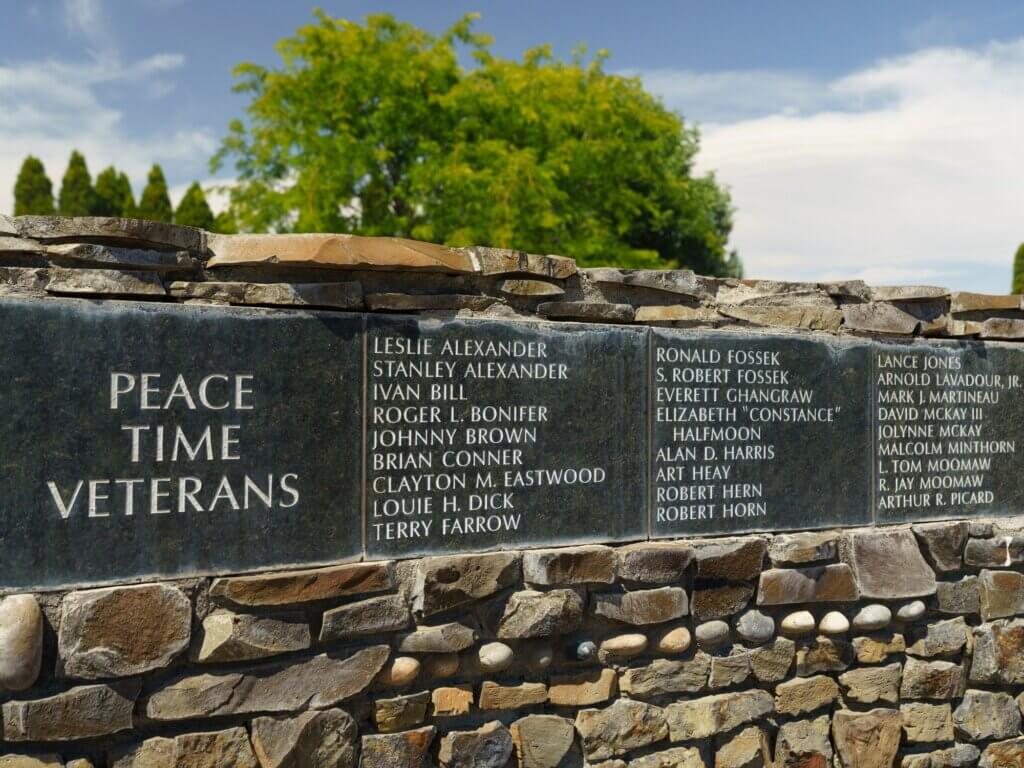 Becoming a Veteran
Becoming a Veteran
In addition to helping connect veterans with services and benefits, tribal VSOs also work with members of the armed forces to integrate into civilian life. Sometimes, that even means gaining a new identity: Veteran.
“I, like many veterans, didn’t know that I was a veteran,” Dr. Daniels explains.
And while that may surprise some civilians, Sam Spino says he’s encountered this sentiment as well, and he says it’s part of his job to help. Though many soldiers returning from service may not think the title applies to them, tribal VSOs can help empower servicemembers to connect with it.
When Dr. Daniels says that she realized the title — and all of the meaning and history that came with it — applied to her, she called it “life-changing.”
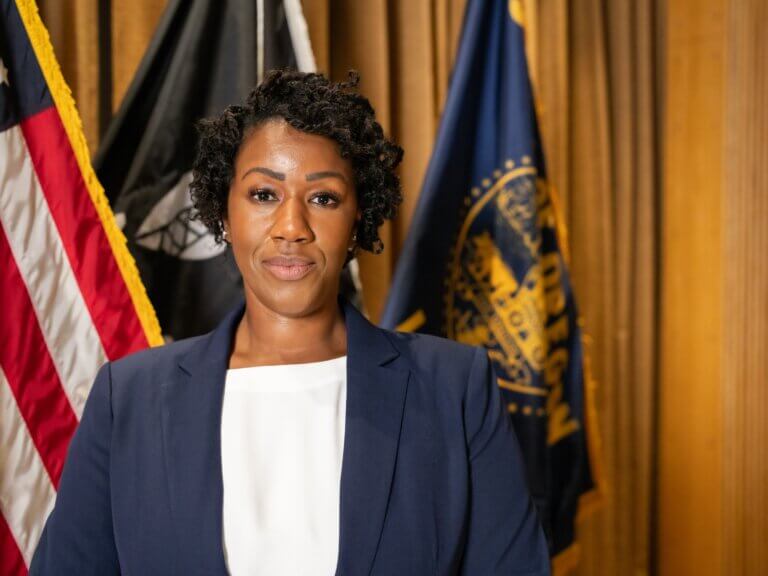
Every person that supports the Oregon Lottery is helping veterans live better lives.— Dr. Nakeia Daniels, Director of the Oregon Department of Veterans’ Affairs (ODVA)
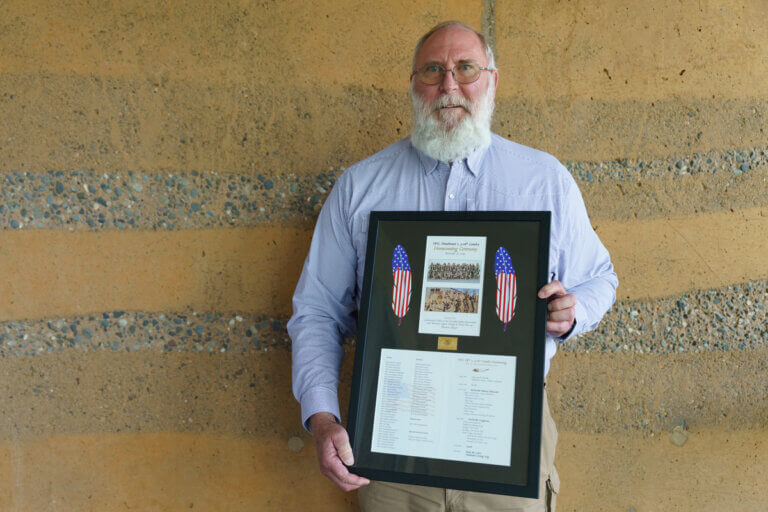
Tribal Veteran Coordinators (TVCs)
TVCs and others serve and support Tribal Veterans within each of Oregon’s nine federally recognized Tribes. These Veteran Service Office-based Tribal Advocates are uniquely positioned within the Tribes and understand the culture and history specific to each Tribal nation. The TVC is an accredited Veteran Service Officer (VSO), who travels around Oregon to attend monthly Tribal veteran meetings, VA Claims Clinics, and Veteran Powwows to build relationships with the Tribal veterans and those who serve them. These advocates also assist Tribal Veterans and their eligible dependents with filing for U.S. Department of Veterans Affairs disability compensation claims and provide updates on their earned federal and state benefits and services, while collaborating closely with the each Tribe.
You can locate, contact or learn more about Tribal Veteran Service Offices below by visiting the ODVA website.
How Your Lottery Play Helps Oregon’s Vets
In 2016, Oregon voters passed Ballot Measure 96, directing a portion of lottery funds to veteran services. The new funding helped empower the ODVA to establish advocacy offices to better connect underserved veteran populations with their earned benefits. Oregon is now the only state with special veteran services and advocacy offices like the tribal VSOs at CTUIR. When you play Oregon Lottery games, you not only help support veterans living in Umatilla, you also support additional programs for women veterans, LGBTQ+ veterans, and houseless veterans.
Thanks to your lottery play, Oregon is better equipped to support some of our most deserving citizens: Our military veterans.
Featured Projects
LOTTERY DOLLARS DOING GOOD THINGS IN YOUR COMMUNITY
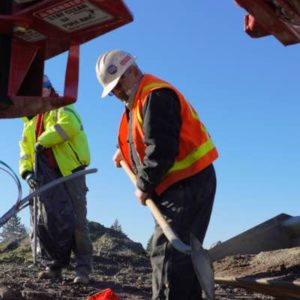
Economic Growth
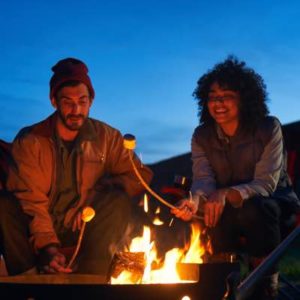
State Parks
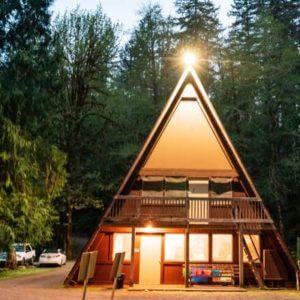
Outdoor School
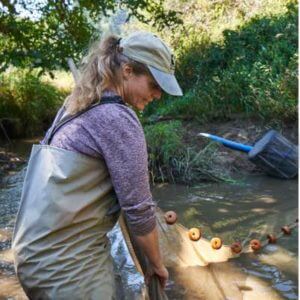
Natural Habitats
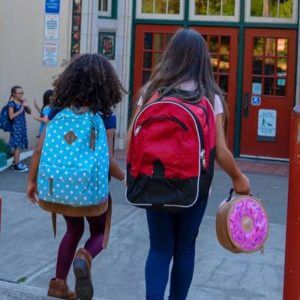
Public Schools
